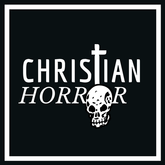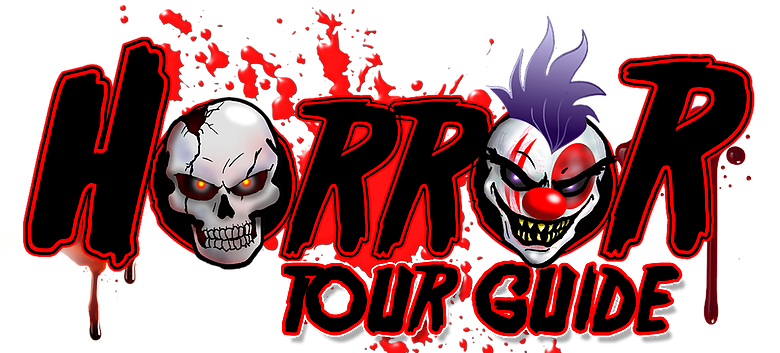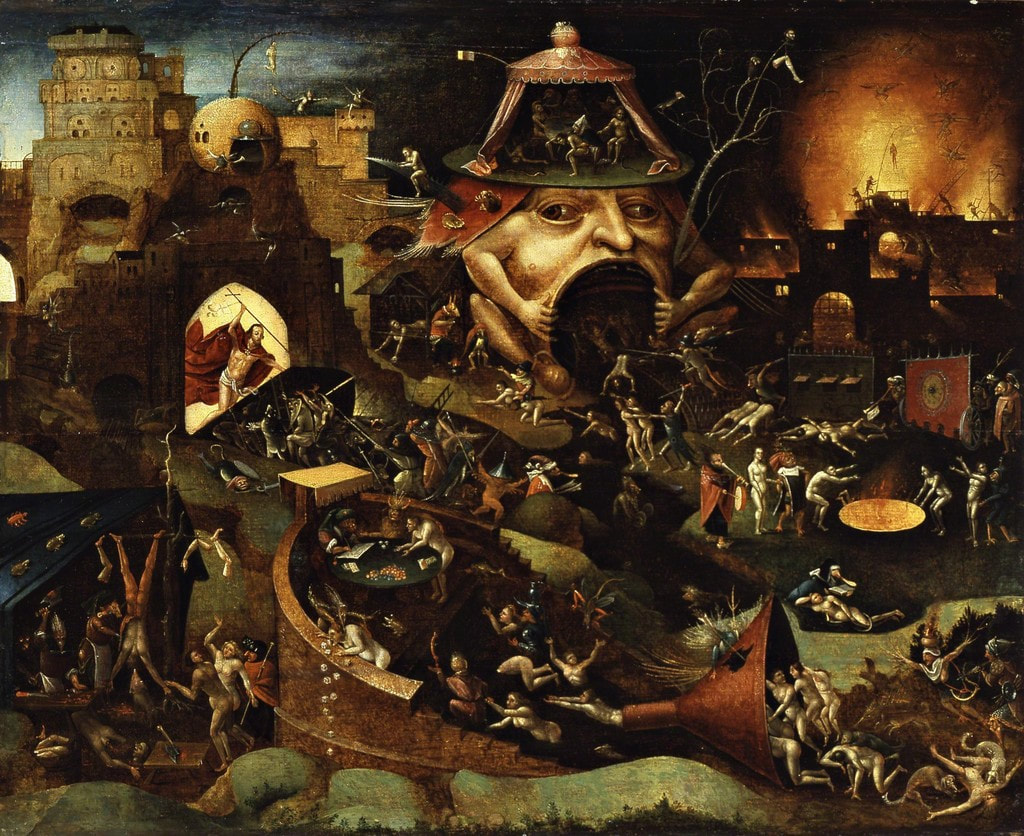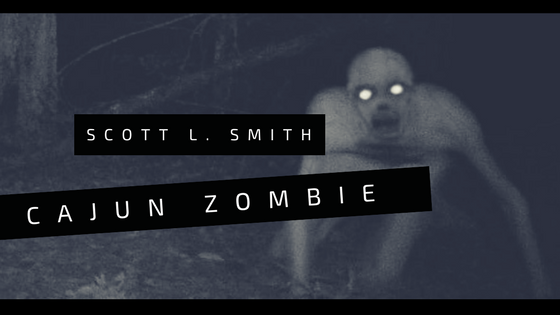|
Horror Tour Guide recently interviewed Christian Horror's very own, Scott Smith. Here's also a link to Horror Tour Guide and the original article:
Please introduce yourself, where you are from and what you do.
I’m Scott Smith. I’m an author/blogger, attorney, and theologian from southern Louisiana, where I live with my wife and four wild-eyed children. Can you tell us a little about your site? I run ChristianHorror.com, H2OlyWaterBooks.com, and some other sites. ChristianHorror.com is a community founded to promote the Christian horror subgenre. The site consists of Christian horror reviews, books for sale, and blog posts. H2OlyWaterBooks.com is the home of my publishing imprint Holy Water Books. Can you explain “Christian Horror” and your interpretation of it? Good question! I would explain “Christian Horror” as any portrayal of the horrific aspects of a Christian worldview, such as the evils of sin or the demonic. But, more than that, it’s a diagnosis of the horror in society from a Christian worldview, which is an essential work of the Christian. Some say that being a Christian and liking horror are 2 things that don't mix. How do you respond to that? Haha, yes! I often see that. Contemporary culture seems to have erected a false divide between Christianity and horror novels, which is as much a result of the current state of Christianity as it is the current state of horror novels, both of which, I think, could benefit from some “Cross” pollination. More specifically, though, I would respond to the perceived distaste between horror and Christianity from an historical perspective. The entire genre of horror, much like the rest of western civilization, has its origins in Christianity. For example, the morality plays of the Medieval period and onward were as much a “theatre of the grotesque” as any Saw or Texas Chainsaw or Hellraiser movie is today. Just take a look at Hieronymus Bosch’s depiction of Purgatory:
Yikes!! This isn’t even Hell – it’s Purgatory! We can’t forget about Dante’s writing, either? Not just his Purgatorio, but the Inferno, as well. You want to see or read about the truly grotesque? Dante, an indisputably Christian author, can truly curl your toenails.
But what’s the difference? What’s the difference between Dante and Stephen King? (And I love Stephen King) From morality plays to Dante, this horror is told for a Christian purpose: to save souls. Obviously, Christian horror maintains a completely different metaphysical philosophy than other kinds of horror, whether other horror creators are conscious of it or not. Again, what’s the basic difference? I think it started with either Poe or Lovecraft, but they created a new kind of horror in which anarchy, not order, is the foundation for all things. Insanity and the void lies just beneath everything – they are the “rats in the walls.” Do you find that you face some convictions from both the Christian and Horror community because of writing a horror novel and series? Definitely – well, sort of. I’m not sure how many people have really, consciously thought about the differences I spelled out above. These convictions are encountered, instead on the subconscious level. They’re not convictions, therefore, so much as vague misgivings. As a Christian, what kind of challenges do you face in writing a horror story? Actually, as a Christian, I face the challenge of not writing a horror story. An author is supposed to write about the world around him/her, right? As Flannery O’Connor described many times, in many different ways, and far better than I could ever, Catholics and Southerners, in particular, can better recognize the “freaks” and the “grotesque” of society. The horror genre, itself, does have some seductive elements that I try to avoid. I write clean books. There are no f-bombs, no gratuitous accounts of sex. I try not to objectify the human person, though some of my monsters definitely do, especially when considering their nightly menu. In your novel "The Seventh Word" you are tackling the issue of abortion in a super natural way. Can you tell us a little more about that? Again, I think this comes directly from a Christian worldview: what horrifies a Christian? Abortion is one of those few issues that unifies Christianity, particularly in their horrified response to it. So I kept asking myself, why hasn’t anybody ever written a horror novel about one of the most horrifying issues facing mankind? We’ve written tomes of horror novels about clowns, but not this?
You may be thinking what about Rosemary’s Baby or The Omen? Those are supernatural stories dealing with abortion. The difference is obvious, though, isn’t it? Those stories make us ask if abortion would be justifiable if the child is a demon. The Seventh Word asks whether demons are helping us justify abortion.
The rest was easy. This is very fertile ground for horror, especially Christian horror. Why? Just think about all the times mankind has witnessed the large-scale killing of children. The Bible, itself, depicts several genocides of children: King Herod’s “Slaughter of the Innocents” and Pharoah’s instruction to the midwives of Egypt. History is full of child sacrifice. There were the Aztecs, as well. As a writer, the question became what if all these historical instances were somehow connected? What if the same demon was behind each event? That’s when The Seventh Word was “born.” We see you are creating a zombie series called "The Cajun Zombie Saga" on Patreon. Can you give us some insight on this series? Definitely! This zombie series asks a couple unique questions that are new to the Zombie Apocalypse subgenre, but which are, to me at least, obvious. Mankind actually has survived apocalyptic, nearly extinction-level events before, like the Bubonic plague of the Middle Ages. How did we do it? And how would we do it again? This allows me to explore another interesting question:
What kind of society is best structured for survival? Through this, I was able to create an entirely new twist on the origins of the zombie virus.
Like all my books, this series is also set in my home, Louisiana. People tend to be fascinated with Cajun culture, so how would Cajuns survive a zombie apocalypse? What is your definition of horror? This may sound weird. To me, horror is an engine. It’s a tool to drive a plot. It’s another way to create suspense, mystery, and ultimately drama. A properly-tuned horror engine, from my perspective, helps us recognize the true monsters, both within and without. What’s your favorite horror film? I love this question! It’s the answer that’s difficult. There are so many horror subcategories! I’m a huge zombie nerd. My favorite there is the original Dawn of the Dead. I must have convinced my dad to rent this VHS from Blockbuster a dozen times. I feel like Stephen King should be his own subcategory, too. The old It, even with all its faults and borderline acting, is probably my favorite. My favorite kid-oriented horror film of the 80s – one of my favorite horror sub-subgenres – is The Gate. This is actually what I’m titling my current writing project, the sequel to The Seventh Word, and there are definitely some similarities. Overall, my top horror movie of any subcategory or decade, is The Shining. I wouldn’t even put this one in the Stephen King subcategory. Kubrick did something extra with the source material. The madness and insanity is always just below the surface. I’ve said above that, to me, this is a philosophical deviation from true horror, but it’s certainly chilling. If anyone would like to find you on the internet, or to purchase your books, where can they find you? HolyWaterBooks.com is the best place to find me, though the Cajun Zombie series is only available right now through Patreon.
5 Comments
|
AuthorsChristian Horror gathers articles from authors, artists, directors and filmmakers, priests and pastors on all things Christian horror. Archives
May 2018
Categories |




 RSS Feed
RSS Feed